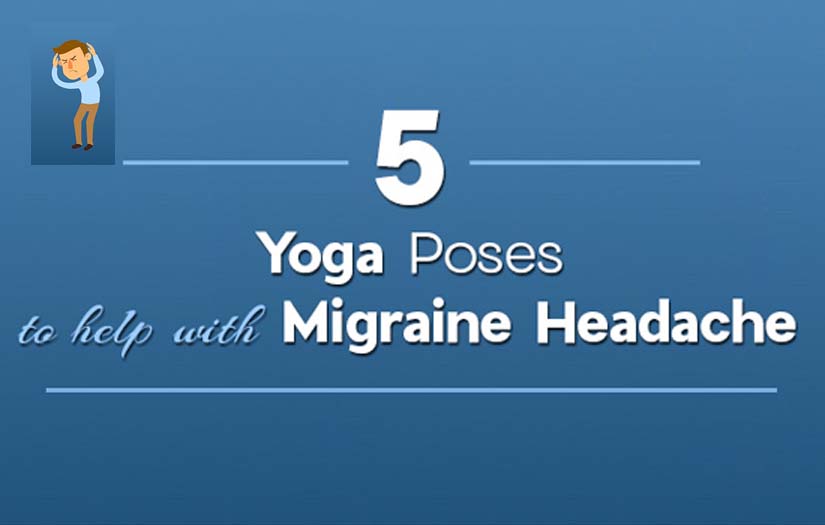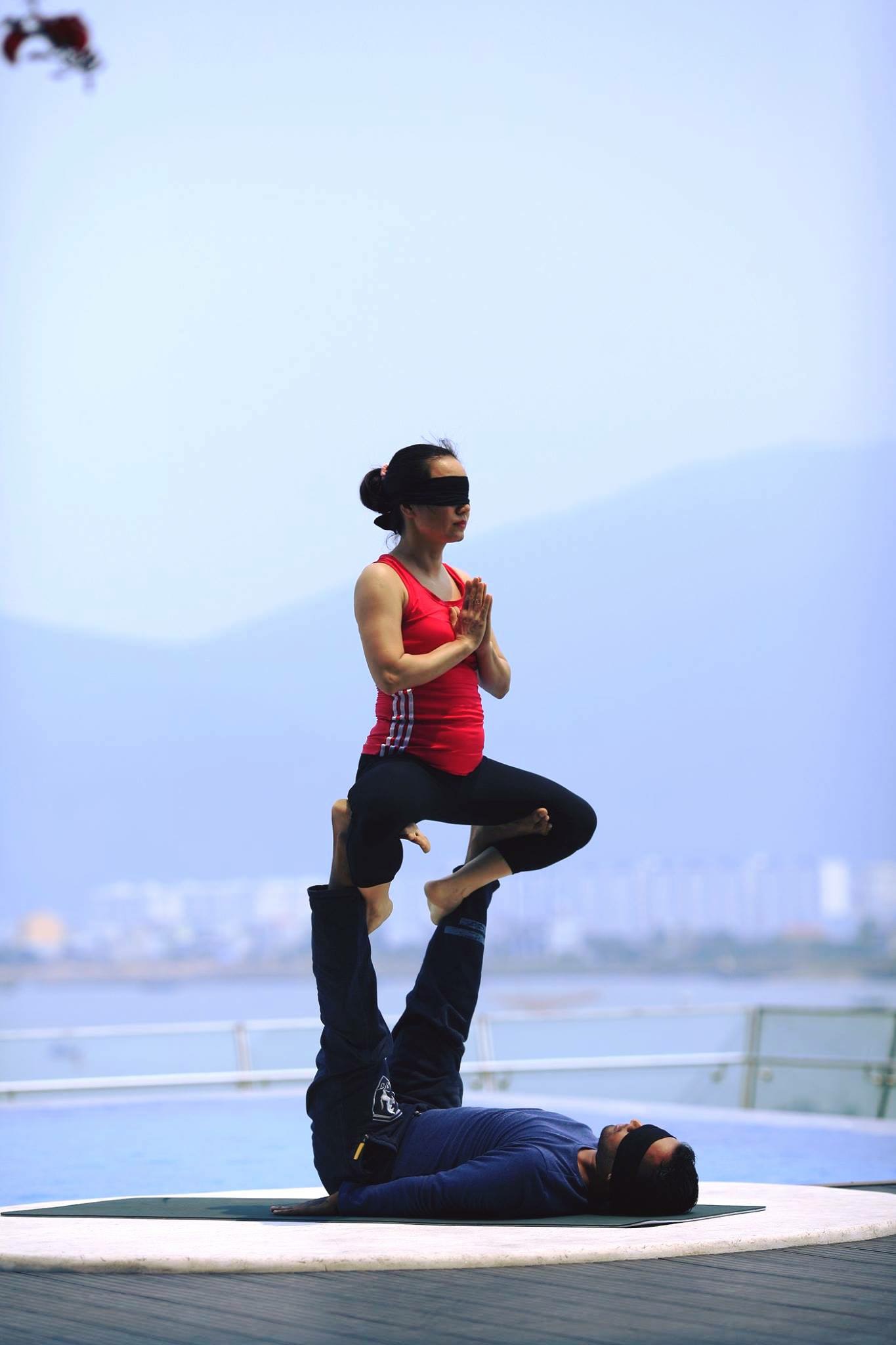
Yoga, a mind-body exercise that originated in ancient India, is an example of yoga. Eight limbs make up the philosophy of yoga. These limbs can be better described as ethical principles. Although the precise definition of yoga is not known, it is understood to mean the union or integration of the mind with the body. It is a great form of meditation and promotes physical and mental well-being. Does yoga help with depression? What are the advantages of yoga? Learn more.
Bikram yoga reduces depression
In a study that involved 29 people, Bikramyoga was proven to reduce depression symptoms. After eight weeks of Bikram yoga classes, participants saw significant improvements in their depression symptoms. Also, the study showed improvements in subjects' quality and cognitive functions as well as optimism. The researchers say the results are quite impressive. You should try this new exercise technique.
One of the greatest benefits of Bikram yoga is that it is very challenging. Bikram yoga is very challenging and moves at a fast pace. This stress actually has remarkable mental health benefits. One of these benefits, according to some studies, is the rise in serotonin. This is an important hormone for mood regulation. Serotonin is thought to prevent depression and improve mental health. How can it be used to reduce depression? Bikram yoga is a good way to reduce cortisol's negative effects.

Mindfulness meditation reduces depression
Among the most powerful treatments for depression, yoga and mindfulness meditation are both proven effective. While meditation can help people with depression reduce the symptoms of the disorder, the methods are not a cure for depression. These exercises can be used for depression treatment and prevention of relapse. Yoga and meditation can be used to reduce depression symptoms and encourage relaxation.
Several studies have shown that meditating regularly can prevent relapses and reduce symptoms of depression. Many of these techniques have been helpful for recurrent sufferers of depression who seek treatment. Mindfulness meditation places emphasis on the breath. It helps the mind train itself by allowing the individual to be aware of the sensations caused by the breath. This is also known as mindful breathing. While yoga and meditation can help people cope with depression, they should consult a health professional before beginning any kind of exercise or meditation routine.
Relaxation exercises reduce depression
The literature on yoga as an intervention for depression is growing. Yoga is used in the West to help with mind-body and psychological problems, as well as treating depression. A recent systematic review examined the benefits of yoga to manage depressive symptoms. These findings are not supported by sufficient evidence. Further research is needed to determine the mechanisms and mechanism of action. Yoga is being used by many yoga practitioners as a therapy tool.
Although it is not clear how yoga can treat depression, there are increasing evidences that it may reduce symptoms for a number of mental disorders. Research has shown that yoga can improve mood and reduce depression in those who have chronic conditions. For patients with depression and their caregivers, yoga has many benefits. Yoga can also be used to treat depression in people who have breast cancer, are pregnant or postpartum, and those with other medical conditions.

Meditation improves sleep
Meditation has been shown to be helpful for people suffering from depression or insomnia. Meditation is an ancient form of meditation that is used to reduce blood pressure, anxiety, and improve sleep. Meditation can improve sleep quality by relaxing the body and mind and quieting distracting thoughts. It is even said that meditation can cure depression. This isn't a panacea for all depression.
In addition to reducing symptoms of depression, meditation may help people better regulate their emotions. The results of a three-month long yoga and meditation retreat showed that participants had significant improvements in emotional regulation. Participants also reported increased resilience to stress, and an overall sense of wellbeing. The results of this study were positive. The researchers found that meditation could improve the quality life of people suffering from chronic conditions like diabetes, fibromyalgia and irritable bowel syndrome.
FAQ
What type of yoga are you looking for?
Yoga is great for all fitness levels and ages. It's a great way for people to stay healthy and fit. People who have tried Yoga say that they feel more positive both mentally and physically. They also find that yoga makes them calmer and happier.
Yoga is more than just exercise. It's a lifestyle that involves breathing exercises, stretching and meditation.
There are many types of yoga. Some yoga styles focus on strength training and others on relaxation.
The type of yoga that you want depends on your goals. Iyengar yoga is a great option if you are looking to increase flexibility. Or if you want to tone your muscles, go for Ashtanga yoga.
Where can you find a certified yoga teacher?
It is possible to find yoga teachers in your neighborhood. If you are not able to find a local yoga studio, search online. Also, consider joining a yoga class that offers online registration.
What is the average time it takes to learn yoga?
Yoga is a journey that takes dedication and patience. Learning new things takes everyone at their own pace.
Accordingly, it doesn't matter how old you are. With enough commitment and hard work, you can master any yoga routine.
What research shows about yoga as a way to improve your health?
Yoga has been proven to be beneficial in improving mental health and stress management, as well as overall well-being. It can help you lose weight, improve your body mass index (BMI), and keep you healthy.
Yoga can help lower blood pressure, improve cardiovascular function and boost immunity.
These are just some of the benefits of yoga.
The list can go on!
What should I do to begin practicing yoga?
To lie down, you will need a mat (some can be folded), loose clothing and a towel/blanket to place underneath your head.
For certain poses, you might also need props such as straps, blocks, bolsters and blankets.
You don't really need anything else. You must have a desire for positive change in your life and be willing to dedicate yourself to yoga.
Statistics
- According to the Agency for Healthcare Research and Quality, falls are incredibly common among older adults in nursing facilities. Even the simplest ones can increase the risk of death (24). (healthline.com)
- A 2020 review of 27 studies (1,805 total participants) of yoga interventions in children or adolescents found reductions in anxiety or depression in 70 percent of the studies, with more promising results for anxiety. (nccih.nih.gov)
- Gentle yoga has been shown to ease some of the discomforts of tender, swollen joints for people with arthritis, according to a Johns Hopkins review of 11 recent studies. (hopkinsmedicine.org)
- The people in the yoga group were 37 percent more likely to have quit smoking by the end of the 8-week program. (nccih.nih.gov)
- About one in seven U.S. adults practiced yoga in the past 12 months, according to a 2017 national survey. (nccih.nih.gov)
External Links
How To
Is yoga a good method to lose weight
You need to know what yoga is before you can answer this question. Yoga, an ancient form exercise, originated in India. It was created by Indian yogis who were interested in spiritual awakening and physical fitness.
Yoga focuses on stretching and strengthening muscles while simultaneously relaxing the mind and body. It is aimed at achieving a state where one is completely relaxed and free from anxiety and stress. Meditation and breathing techniques are two ways to achieve this state of relaxation.
Yoga includes various poses that can be used to strengthen or stretch muscles. These poses are typically held for several seconds at a time. They may also involve rhythmic movements such as slow walking, jumping, or moving through mud.
The goal behind yoga is not to lose calories, but to increase your overall energy. Yoga can help you maintain a healthy weight.
You'll feel more relaxed when you start yoga. You'll experience a shift in your moods and be more comfortable sleeping.
You'll feel younger and your skin will glow.
Many people notice a decrease in blood pressure once they begin yoga.
Some studies also show that yoga has been shown to help with depression symptoms.
Yoga is not like any other form of exercise. Instead, yoga increases oxygen circulation throughout the body. This allows the brain and body to relax and release endorphins. These can be used to trigger feelings like happiness and pleasure.
It should be noted that some individuals struggle with weight loss due to their genetics. If you're one of these people, it might be best to avoid yoga until you've reached your ideal weight.